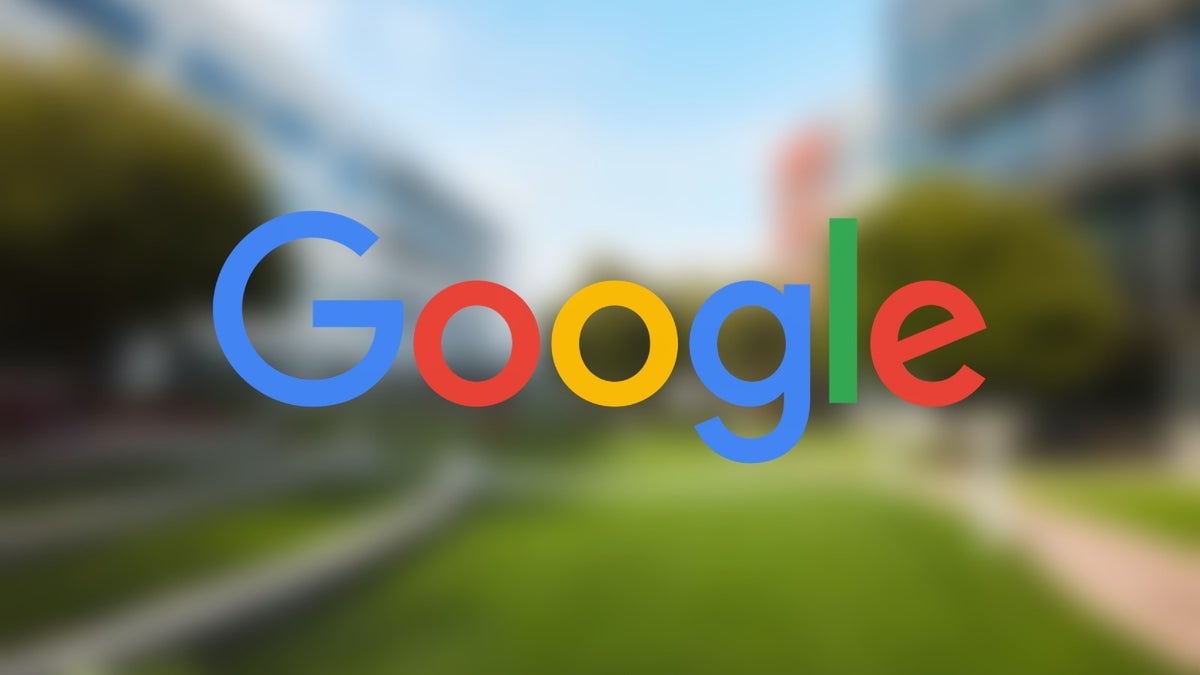Exciting Google Play Store Updates: What to Expect After the $700 Million Settlement

Google’s $700 million settlement with 50 states, the District of Columbia, and two U.S. territories has the potential to benefit Play Store shoppers between 2016-2023. According to the terms of the settlement, consumers could be entitled to at least $2 each from the $630 million portion of the settlement that will be distributed to those who made purchases in the Play Store between August 16, 2016, and September 30, 2023. The remaining $70 million will go to the states for penalties, restitution, disgorgement, and fees.
In addition to the financial compensation for consumers, Google has also promised to make changes to the Play Store based on court documents. One potential change will allow consumers to choose between using an alternative in-app billing system provided by the app developer or Google’s in-app payment processing platform when making purchases. This choice will not belong to either Google or the developer, but will instead be the decision of the consumer.
The settlement also aims to make sideloading on Android easier. This process, which involves installing apps from a third-party app storefront, will be streamlined to a single page and include warnings about potential risks. Additionally, Android devices will be required to support automatic background updates for apps installed from third-party app stores.
To prevent future anti-competitive practices, the settlement also prohibits Google from entering into deals or enforcing deals with Android device manufacturers that would require the Play Store to be the exclusive Android app storefront preloaded on devices. Moreover, Google will not be allowed to demand consent before manufacturers pre-install third-party app stores on Android phones for five years.
It’s important to note that the settlement still requires approval from a judge, who is expected to review and potentially sign off on the agreement by February 8th. This settlement comes after a federal jury recently referred to the Play Store as a monopoly in a separate legal case.
The potential changes resulting from this settlement could have a significant impact on the Play Store and the Android ecosystem, providing consumers with more options and protections when making in-app purchases and downloading apps.
